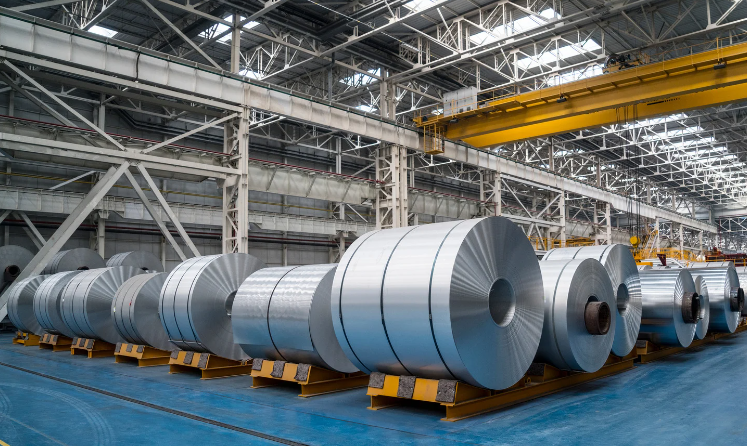New Delhi, India, 01/01/2025: The downstream aluminium sector stands to benefit significantly from recent anti-dumping duties imposed on anodized aluminium frames for solar panels and modules imported from China. The Aluminium Association of India (AAI) lauds this move by the Indian Government as it promises greater market access for domestic players.
Anti-dumping duties on anodized aluminium frames will aid the domestic aluminium industry by reducing reliance on Chinese imports. Industry representatives are advocating for further measures in the 2025 Budget to bolster market access and establish a self-sufficient aluminium sector. This anticipated growth in investments, job creation, and MSME development will emphasize integrating remote areas into the mainstream economy.
Persistent issues with high levels of aluminium imports, including scrap, have led to calls for higher import duties on primary and downstream products. The Ministry of Finance acknowledges the harm from excessive imports and enacts anti-dumping duties to support domestic industry growth. Continued protection is needed against primary and scrap aluminium imports to align capacity growth with demand, projected to reach 10 million tonnes by 2030.
Aluminium imports form a substantial portion of India’s total demand, leading to significant foreign exchange outflows, mainly from China, the Middle East, US, and UK. This contradicts global trends in advanced economies, highlighting the strategic importance of the aluminium industry. For instance, the US has previously imposed a 10% tariff on aluminium imports, while China imposed a 25% duty on aluminium scrap imports from the US. India, however, has overtaken China as the largest aluminium scrap importer, hampering the growth of the domestic aluminium industry.
The Aluminium Association of India views the imposition of such anti-dumping duties as a positive step for the growth of the entire aluminium domestic industry. A spokesperson for the Aluminium Association of India said, “The imposition of anti-dumping duties reflects the government’s commitment to fostering a self-reliant and competitive aluminium industry in India. We are optimistic of similar measures in the upcoming budget to empower domestic aluminium producers, which will enable them to support the global energy transition and also induce them to invest in added capacity to meet the growing demand.”
The newly imposed anti-dumping duties shall promote downstream aluminium value addition in the country. If similar steps are undertaken by imposing just duty barriers, it will restrict aluminium imports in the country, encouraging domestic aluminium producers to invest in more capacity and contribute more effectively in the drive to build a ‘Viksit Bharat’.


